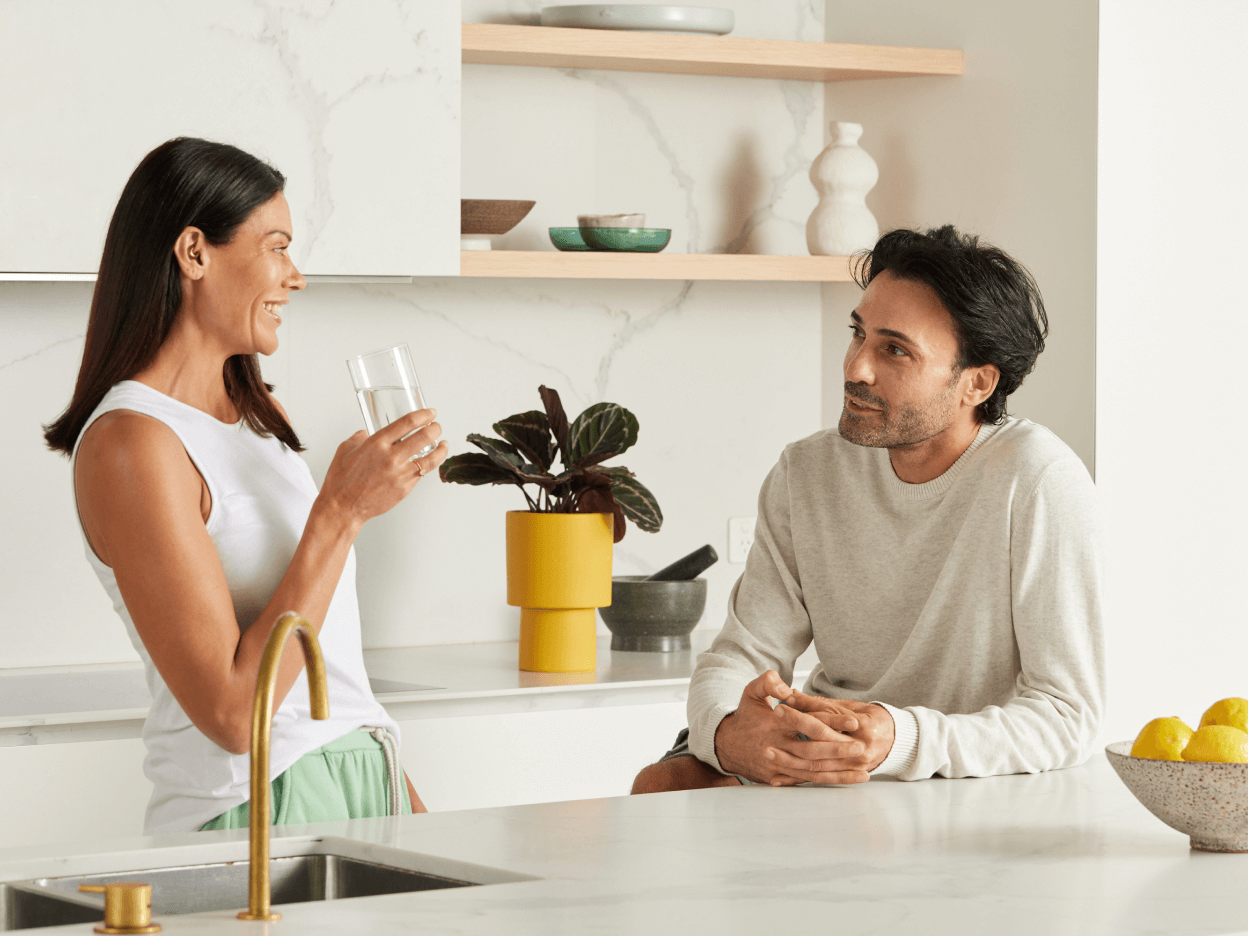How does the DSM-5 define social anxiety disorder?
There are a total of ten social anxiety disorder DSM 5 criteria, including:[3]
- anxiety or fear associated with social situations;
- fear of experiencing social rejection due to displaying anxiety in a social setting;
- distress due to social interaction;
- avoiding or reluctantly enduring social interactions;
- disproportionate fear and anxiety to the actual situation;
- fear, anxiety, or other distress around social situations persisting for six months or longer;
- the capacity to function in one or more areas, such as interpersonal relationships or workplace performance, is impaired;
- fear or anxiety that cannot be attributed to a medical disorder, substance use, or adverse medication effects; or
- another mental disorder; and
- if a medical condition causes excessive self-consciousness.
Doctors may use the social anxiety disorder DSM 5 criteria to evaluate a person’s mental well-being, but they may also use other assessment methods. Your Mosh doctor will happily discuss with you the available options for assessing your mental health situation if you are interested in them.
To start with Mosh, simply fill out the free mental health quiz on our platform. A doctor will review the information you’ve submitted and get in touch with you if needed for further discussion via text, call, or video conference. Your Mosh doctor will provide you with tailored advice regarding your concern and recommend suitable treatment options as necessary for your situation. However, should you feel uncomfortable with the options presented, keep in mind that there is no obligation to push through with any treatment plan.

